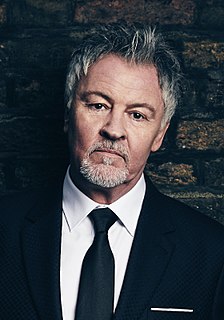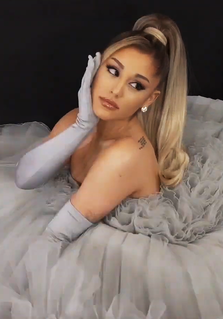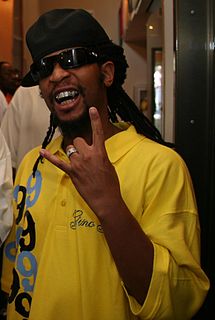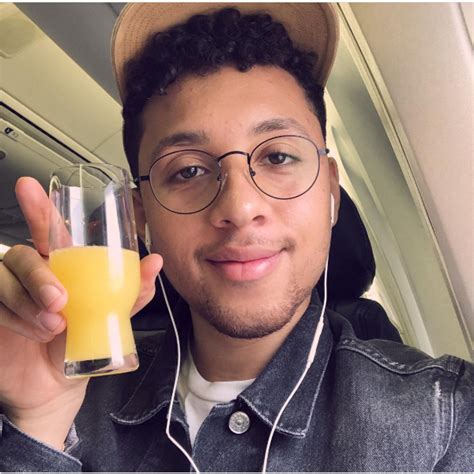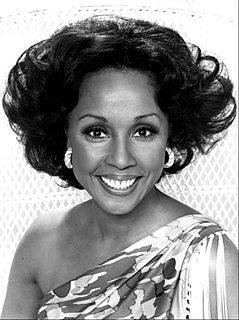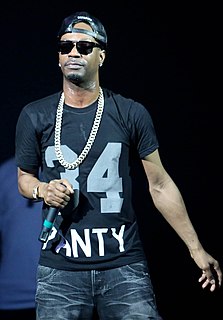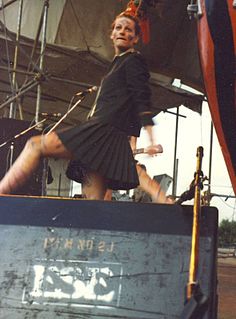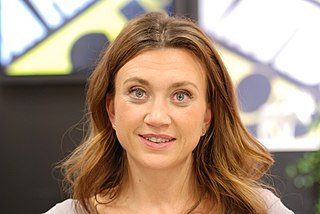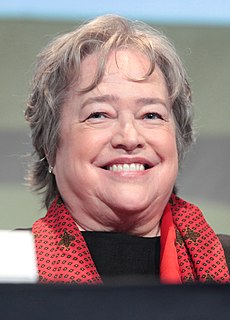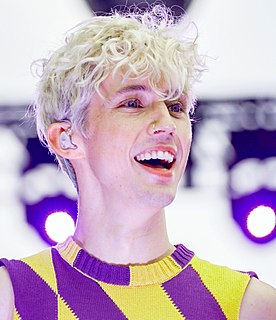A Quote by Paul Young
In the early 90s, I did not want to get stuck in pop music.
Related Quotes
I'm not going to do anything crazy, but I want to do music that I'm passionate about. I'm finally at an age where I can do the music that I grew up loving, which was urban pop, '90s music. I grew up listening to the divas, so I'm very happy to finally do urban pop. I hope that it's received well, and it has been so far.
This was early '90s and in New York hip-hop was coming on really strong; that was the sort of urban folk music that was almost threatening to eclipse rock music and indie rock music in terms of popularity, which it has certainly gone on to do. But you know, this is the end of the 1980s, beginning of the '90s. The whole independent label thing has really evolved to this incredible point from the early '80s when we started, and there wasn't one record label at all, until a couple people started forming these small labels.
Early American music and early folk music, before the record became popular and before there were pop stars and before there were venues made to present music where people bought tickets, people played music in the community, and it was much more part of a fabric of everyday life. I call that music 'root music.'
